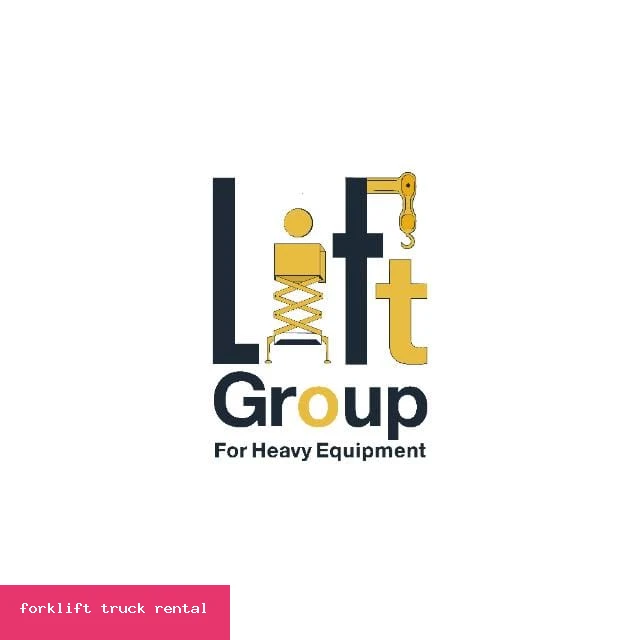 2025-09-30 15:37:22
2025-09-30 15:37:22
forklift truck rental
forklift truck rental - Safe, Efficient Equipment Hire
Renting the right material-handling equipment reduces downtime and improves productivity. This guide explains when to choose forklift truck rental, how to pick the right model, and what to expect from rental terms and safety services.
Overview: Why choose forklift truck rental?
Forklift truck rental lets businesses access the right capacity and technology without large capital outlays. Common reasons to rent include seasonal demand, short-term projects, testing different models, or covering maintenance periods.
When to rent vs. buy
- Short-term or seasonal needs — renting avoids long-term investment.
- Urgent replacement during downtime or repairs.
- Project-based work needing specific lift capacity or attachments.
- Trialing newer models before committing to purchase.
How to choose the right forklift
Match the machine to your environment and load profile. Key considerations:
- Lift capacity and mast height — ensure safe load handling at working heights.
- Power type — electric for indoor/low-emissions, diesel/LPG for outdoor heavy work.
- Tire type and ground conditions — cushion vs. pneumatic tires.
- Attachments — forks, side-shifters, clamps, or platforms as required.
- Operator comfort and controls — improves productivity and safety.
Quick checklist before you rent
- Confirm maximum load weight and center of gravity.
- Measure aisle widths and stacking heights.
- Verify site access and floor capacity.
- Decide rental duration and any seasonal flexibility.
Rental terms and costs
Understand the pricing structure and included services to avoid surprises.
- Daily, weekly, and monthly rental rates — longer terms usually lower daily cost.
- Delivery and pickup fees — check distance and site access charges.
- Insurance and damage waivers — what’s covered and deductible amounts.
- Maintenance and breakdown support — 24/7 service or business-hours only.
Safety, inspection, and compliance
Reputable rental providers perform safety inspections and supply required documentation.
- Pre-rental inspection checklists and load test records.
- Operator licensing requirements and training options.
- Safety accessories: lights, alarms, seat belts, and load backrests.
- Local regulations for emissions and workplace safety.
Practical tips for a smooth rental experience
Follow these tips to get the most from your forklift truck rental:
- Book early for peak seasons to ensure availability.
- Request a short trial or demo if unsure about a model.
- Keep a log of usage hours and report issues immediately.
- Arrange basic operator refresh training if staff are unfamiliar with the model.
- Negotiate bundled services: delivery, periodic maintenance, and operator training.
FAQ
Q: How long can I rent a forklift?
A: Rental terms range from a single day to multiple months or years. Rates improve for longer commitments.
Q: Are operators included with the rental?
A: Some providers supply trained operators for an additional fee. Confirm when booking if you need an operator provided.
Q: What happens if the forklift breaks down?
A: Most reputable rental companies offer maintenance and breakdown support. Check SLA response times and what’s covered in your agreement.
Q: Can I rent attachments?
A: Yes. Many rental fleets include common attachments like side-shifters, clamps, and special forks—request availability in advance.
Conclusion & next step
Forklift truck rental is a flexible, cost-effective solution for many material-handling needs. Evaluate capacity, power type, rental terms, and safety services before booking. If you need help selecting the right model or getting a competitive quote, contact a local rental specialist to discuss your requirements and arrange a site assessment.
forklift truck rental

 2025-09-30 15:37:22
2025-09-30 15:37:22